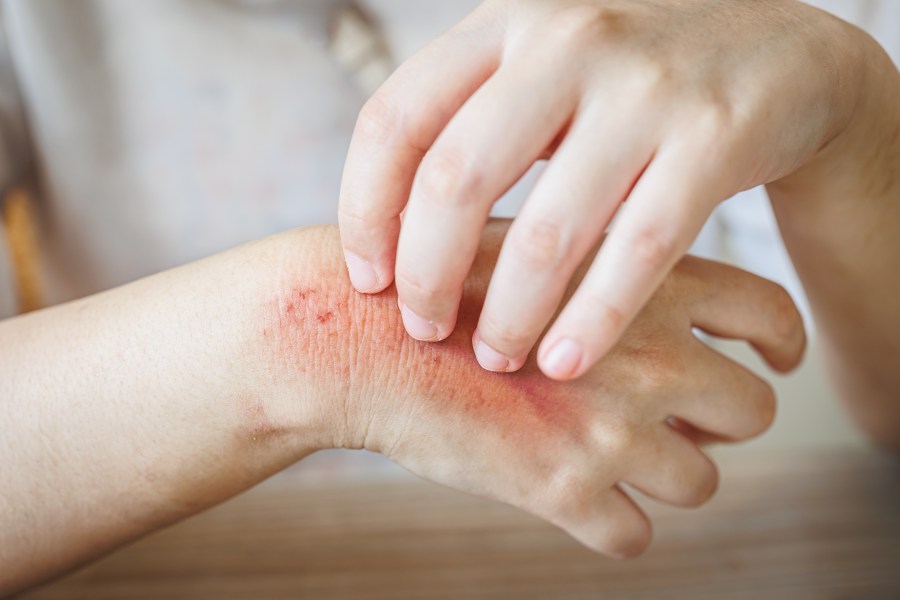Health officials in Long Beach are urging residents to take steps to reduce flea exposure and protect public health after confirming a higher than average number of flea-borne typhus infections so far this year.
As of July 31, 2025, the Long Beach Department of Health and Human Services has reported 20 confirmed cases of typhus, a significant increase compared to the 12 cases reported during the same period last year. Officials say that if current trends continue, the city may surpass its previous record of 28 annual cases, set in 2021.
Flea-borne typhus is a bacterial disease transmitted to humans through infected fleas, which are typically found on animals such as rats, opossums, and stray or feral cats. The disease is not contagious from person to person.
Common symptoms include high fever, headache, chills, body aches, and rash. While the illness is treatable with antibiotics, early diagnosis is important. Anyone experiencing symptoms consistent with typhus is encouraged to consult a healthcare provider for evaluation and testing.
City health officials noted that 75 percent of this year’s cases required hospitalization, but all affected individuals have since recovered.
Although typhus can occur year-round, most cases are reported during the summer and fall. Health officials say the recent spike underscores the importance of prevention and public education.
To help reduce the risk of infection, the Long Beach Health Department recommends the following actions:
- Keep pets indoors and treat them regularly with flea control medications
- Avoid feeding or interacting with wild animals, including rats, opossums, and feral cats
- Clear overgrown vegetation and clutter around homes
- Cover trash bins and remove outdoor food sources
- Seal crawl spaces and openings under homes
- Report dead animals to Long Beach Animal Care Services at 562-570-7387
The Health Department is continuing to monitor the situation through case investigations and ongoing disease surveillance. It is also coordinating with local healthcare providers and expanding community education efforts in affected neighborhoods. The department’s Vector Control Program is conducting assessments and outreach in areas with confirmed cases.
More information, including prevention tips and updates, is available online or by contacting the Health Department at lbepi@longbeach.gov. Residents can also follow updates on the department’s social media accounts.
